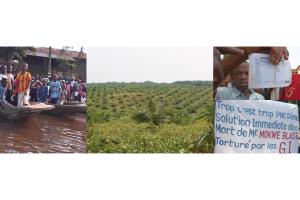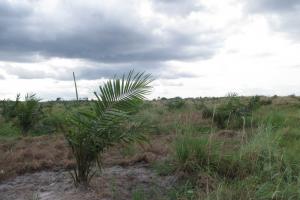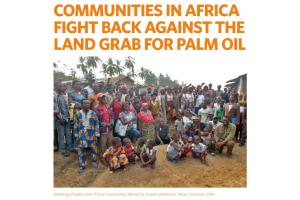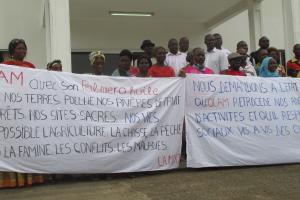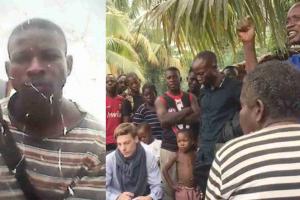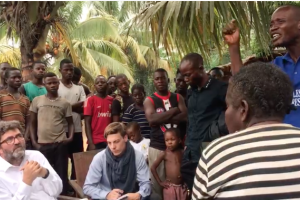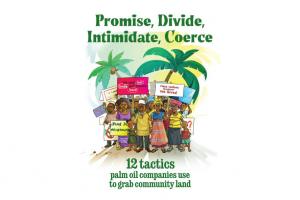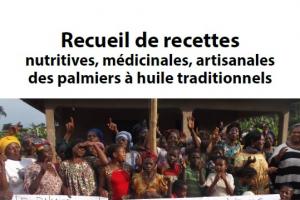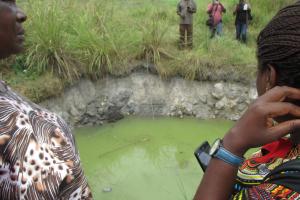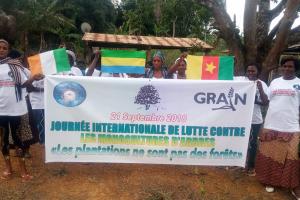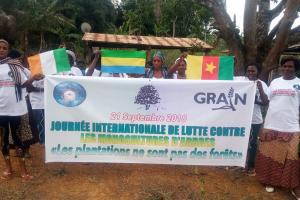Struggles Against Tree Monocultures
Corporate profit drives land grabs to install industrial tree monocultures. Where industrial plantations take root, communities' territories and lives are violently invaded, their forests destroyed and their water polluted. When communities resist, companies tend to respond with aggression. Despite this extreme violence, communities around the world are resisting, organizing and joining forces to defend their territories. Every September 21 the International Day of Struggle against Monoculture Tree Plantations is celebrated.
The Singapore-based OLAM company has secured access to 500 thousand hectares of land in Gabon to set up large-scale oil palm plantations, a country with 85% of forest coverage. How can OLAM then claim to follow a “zero deforestation” commitment?
A new report on the state of industrial oil palm plantations in Africa shows how communities are turning the tide on a massive land grab in the region.
We need your support! We call on organizations, groups, networks and movements to sign this petition in solidarity with Gabonese communities threatened by OLAM / SOTRADER plantations. You can adhere until Thursday, September 19.
In a statement released on 14 August 2019, RIAO-RDC and support organisations call on DRC authorities to immediately find and arrest the murder suspect. Weeks have passed since the killing of Joël Imbangola Lunea without an arrest of the murder suspect.
We ask for your urgent support. Please sign on to the Action Alert. It is important to send the letter as soon as possible.
A member of the Congolese environmental and human rights organisation RIAO-RDC was brutally killed by a security guard of the Canadian palm oil company Feronia Inc. on Sunday, July 21, 2019, near the company’s Boteka plantations in Bempumba, Eqauteur Province, DRC.
Only available in French.
The expansion of industrial oil palm plantations by OLAM hit the village of Sanga in the South of Gabon particularly hard: The community's main water source became so polluted that the water is now unsafe for drinking and not suitable for other daily uses.
Women affected by OLAM’s oil palm plantations, during a meeting in the village of Fera, in Gabon, decided to send a letter to FAO denouncing the impacts they are suffering.
